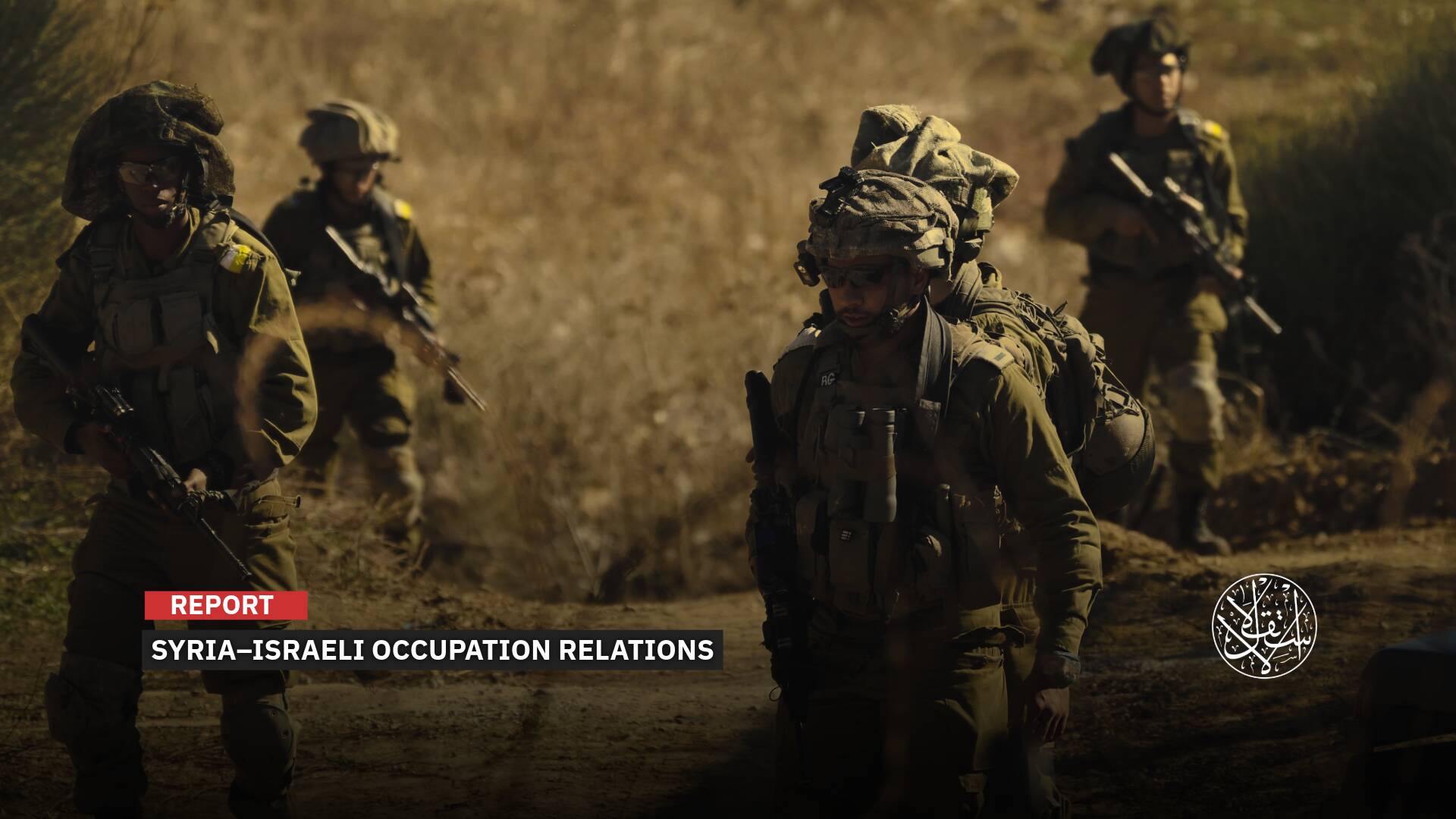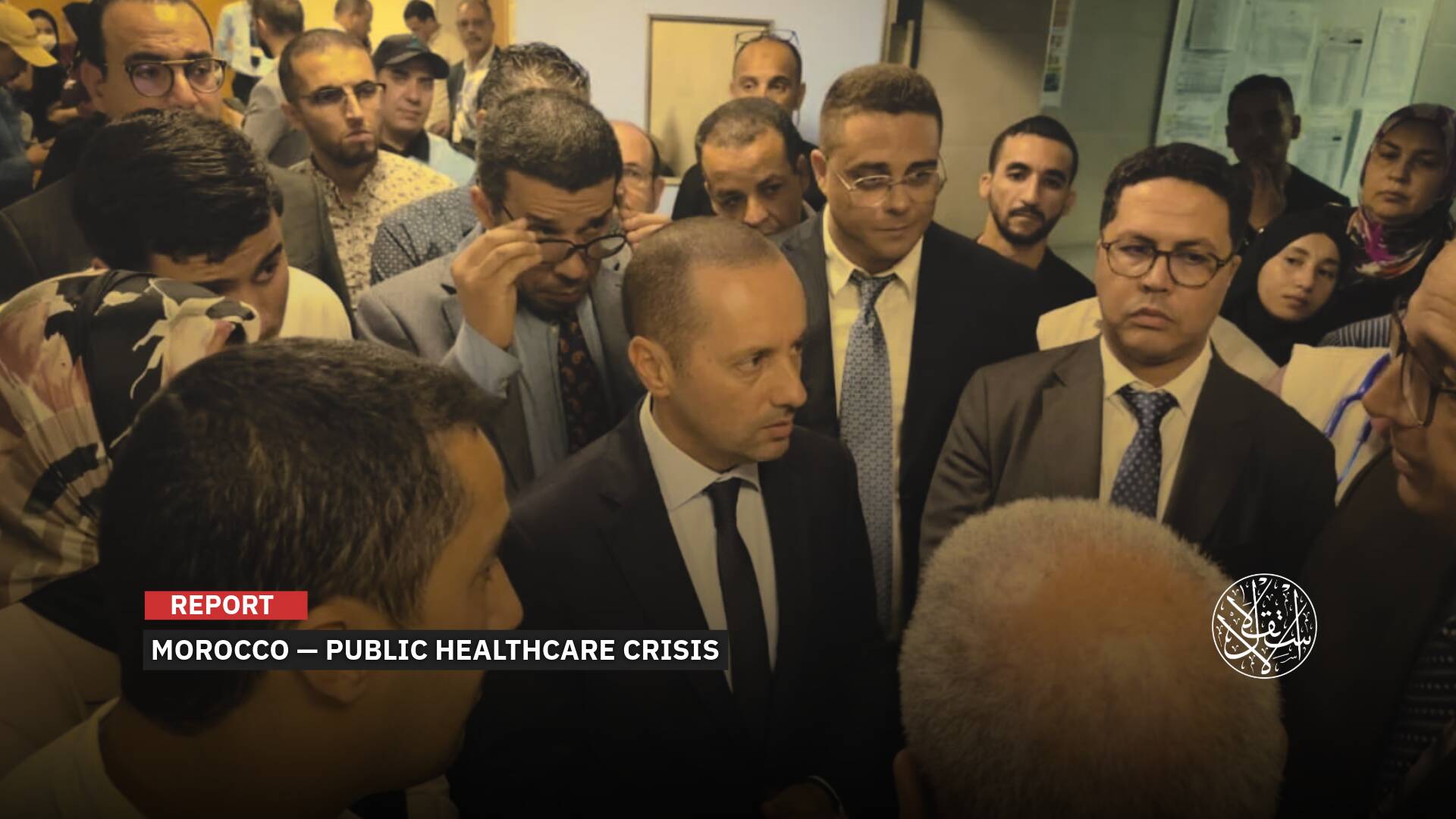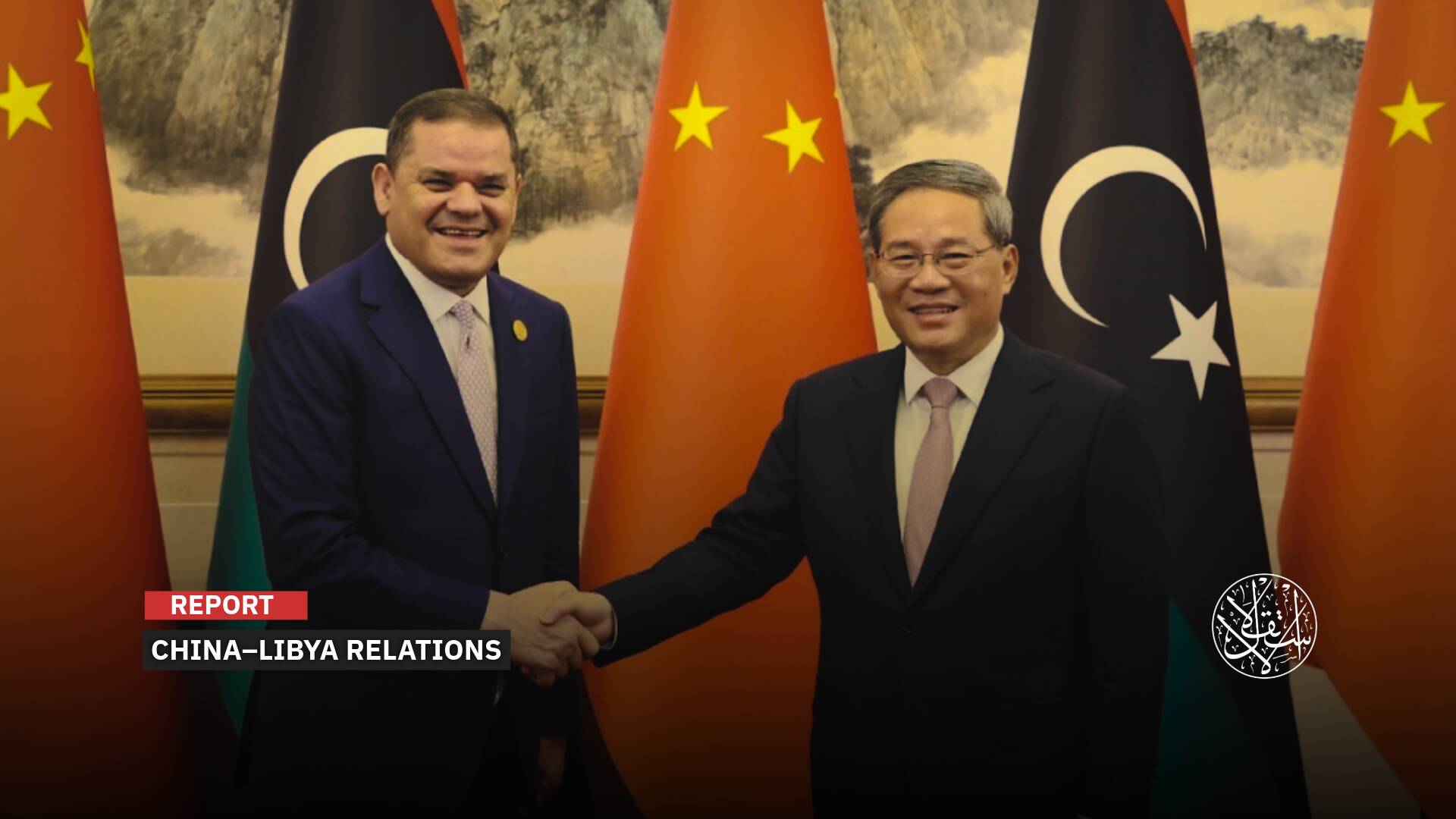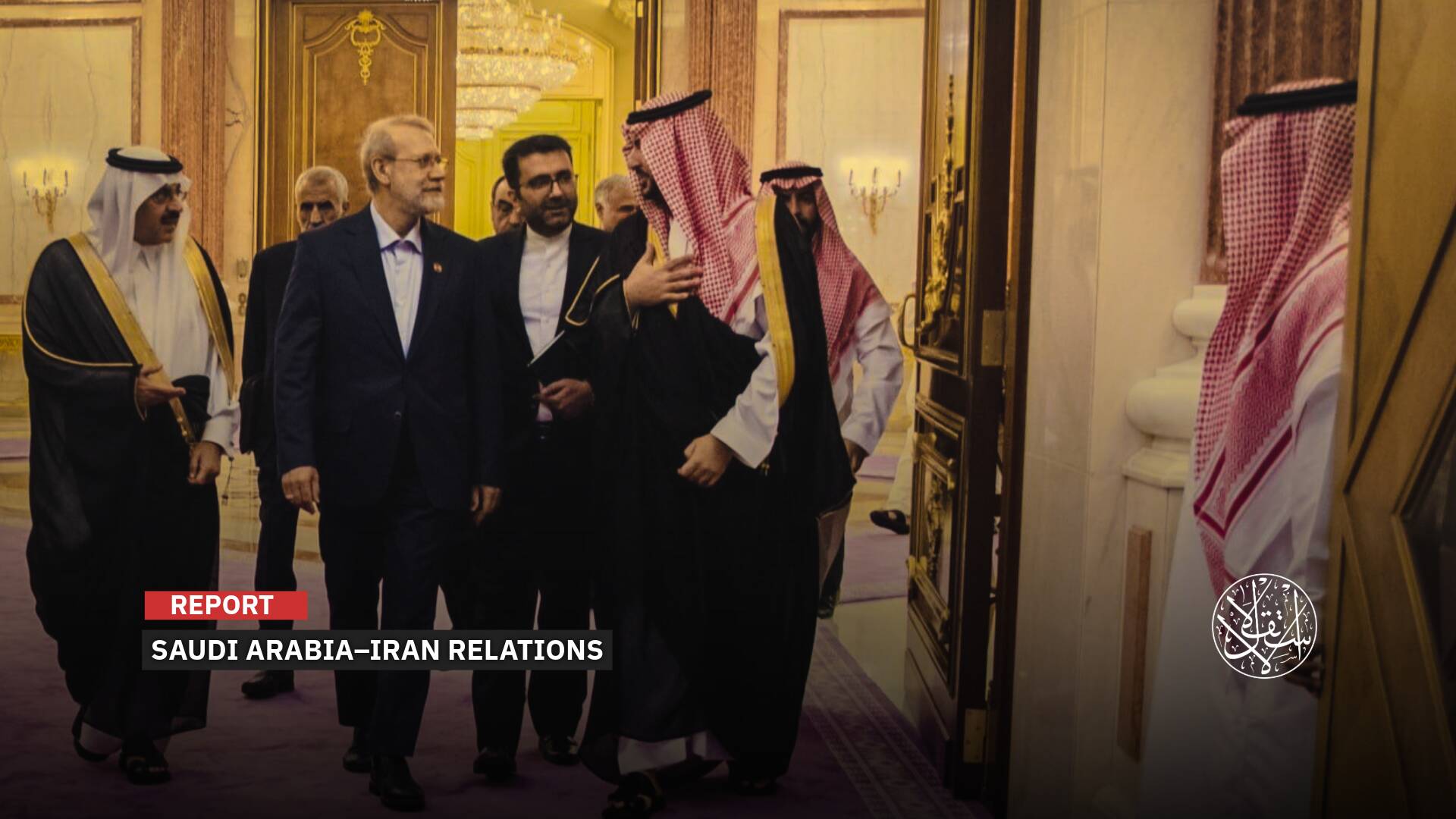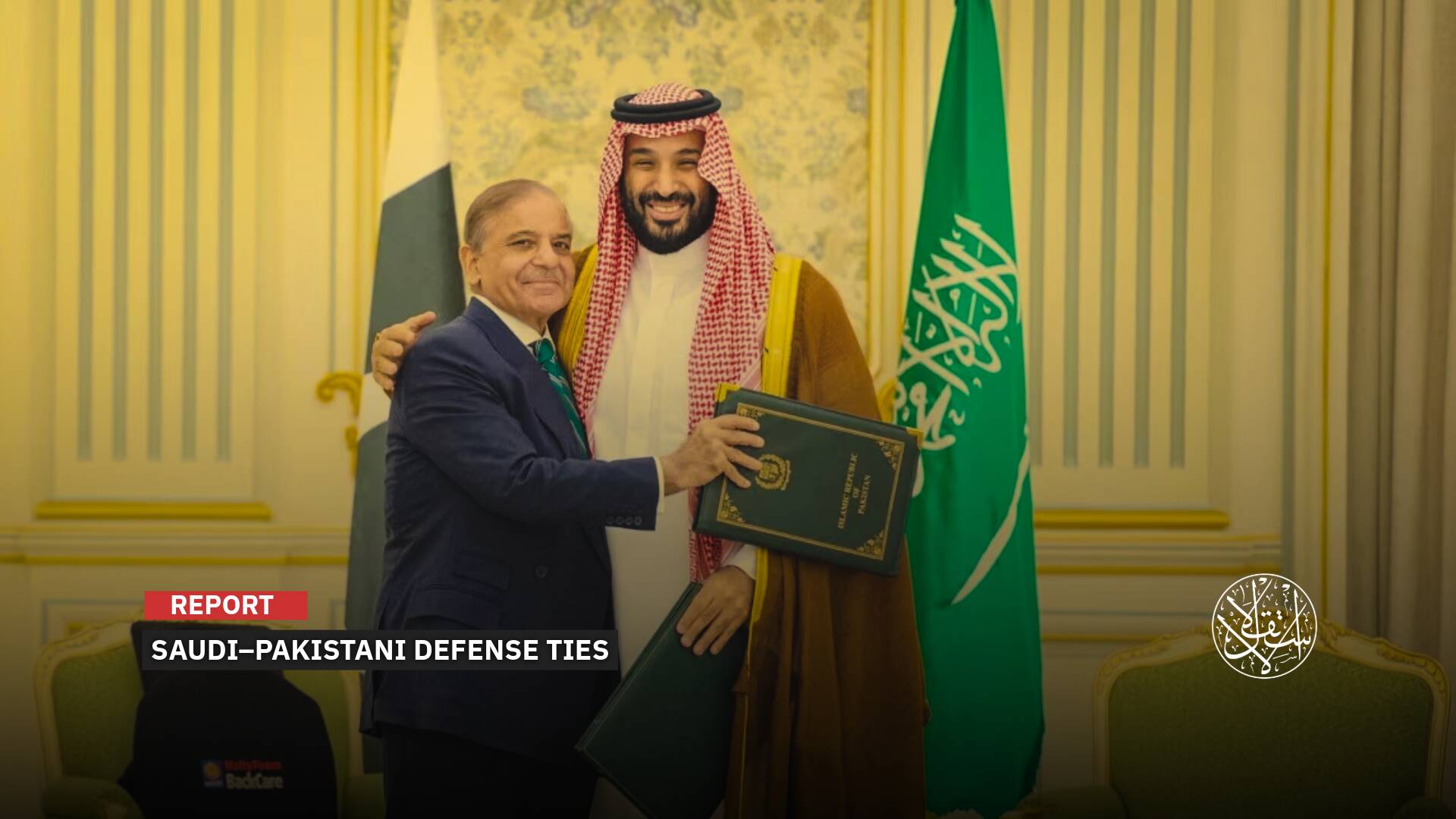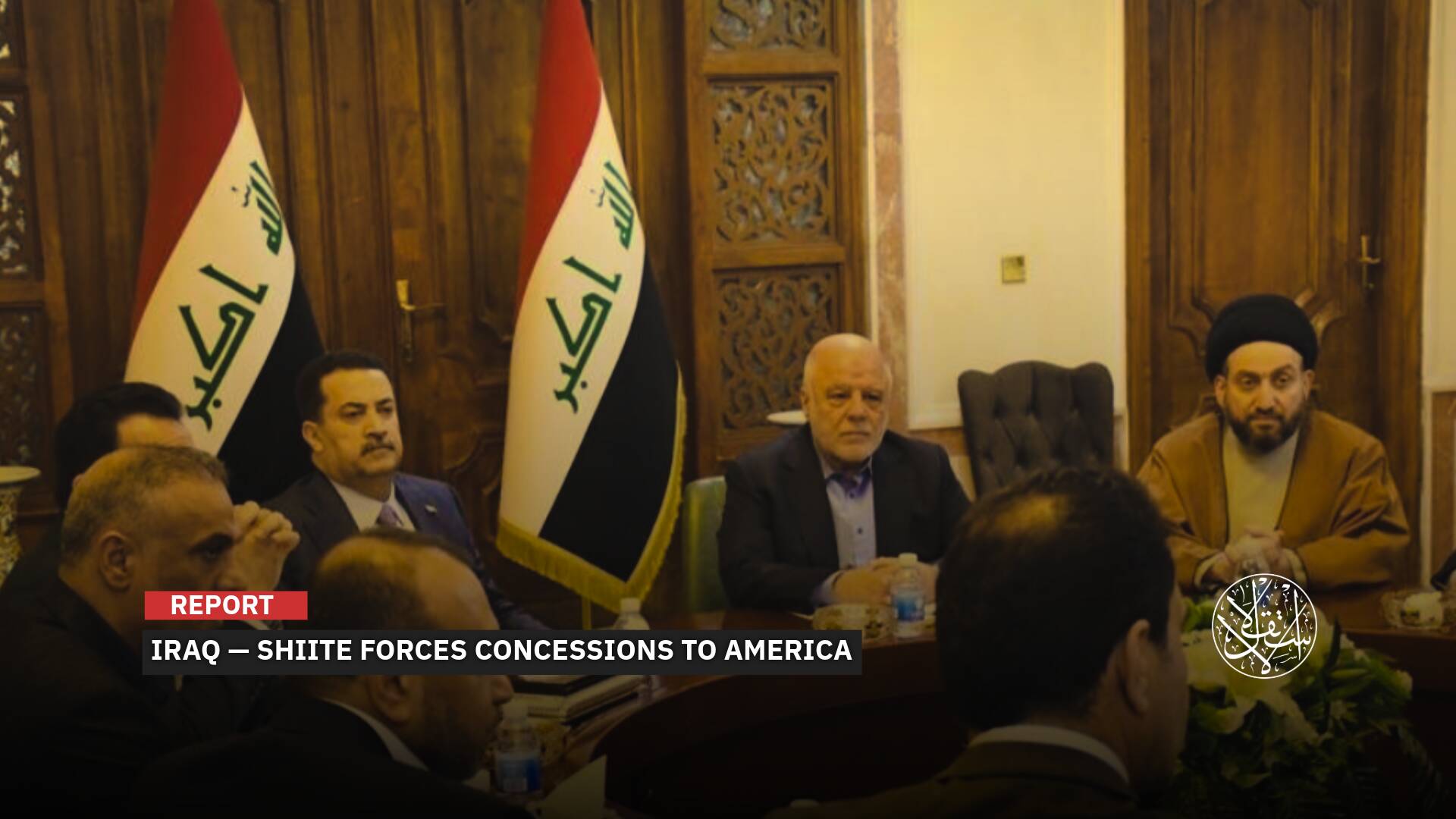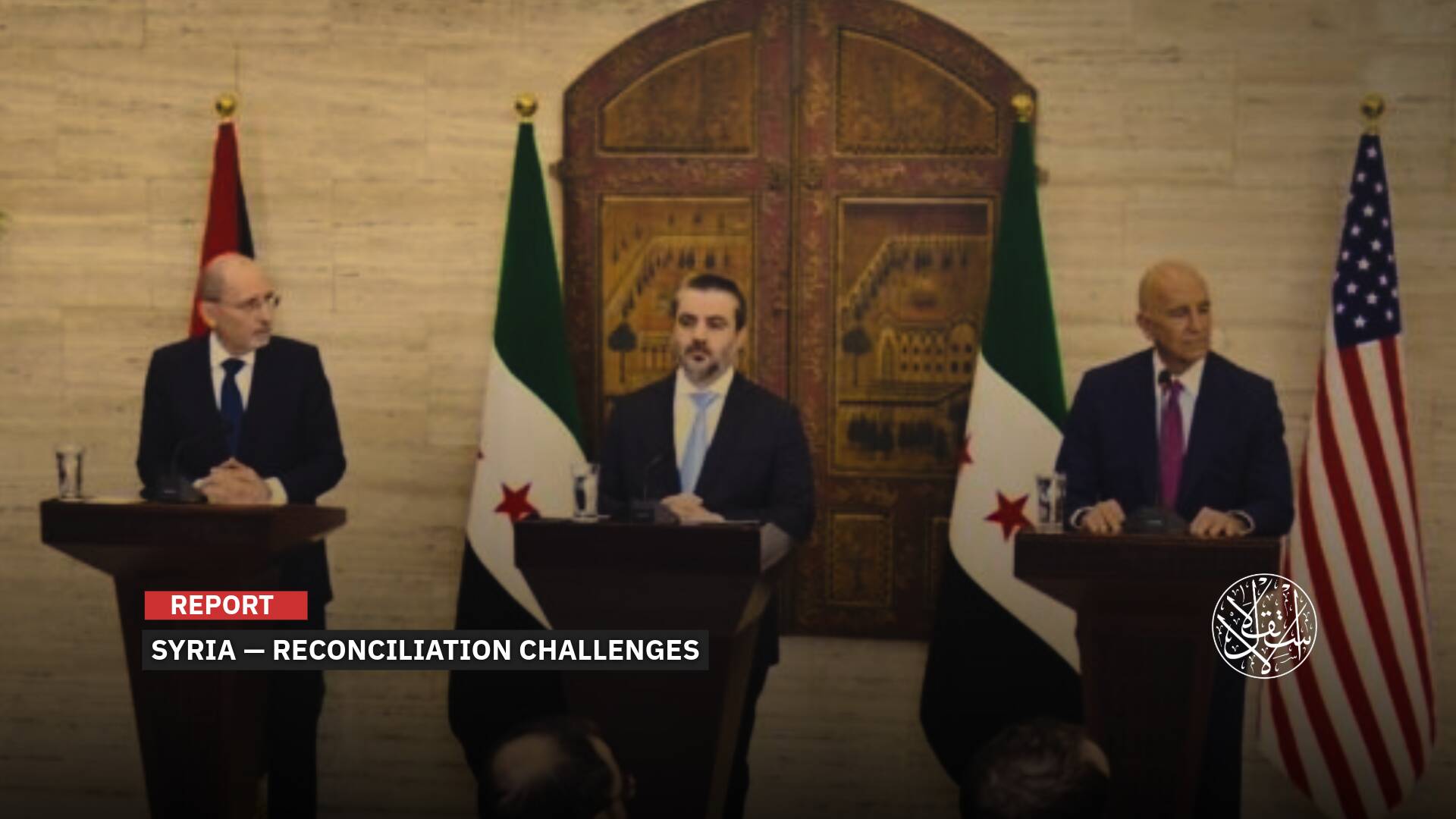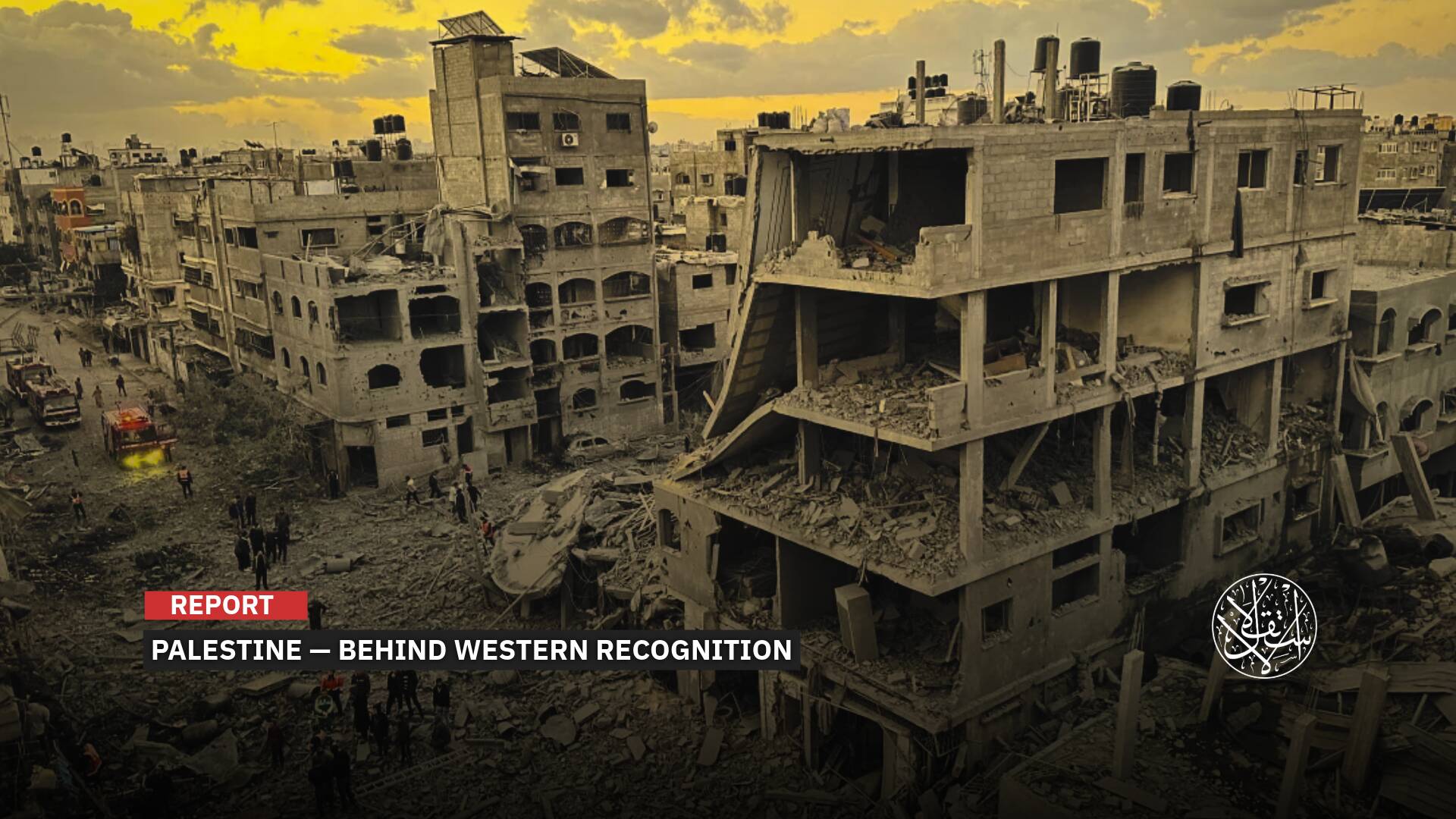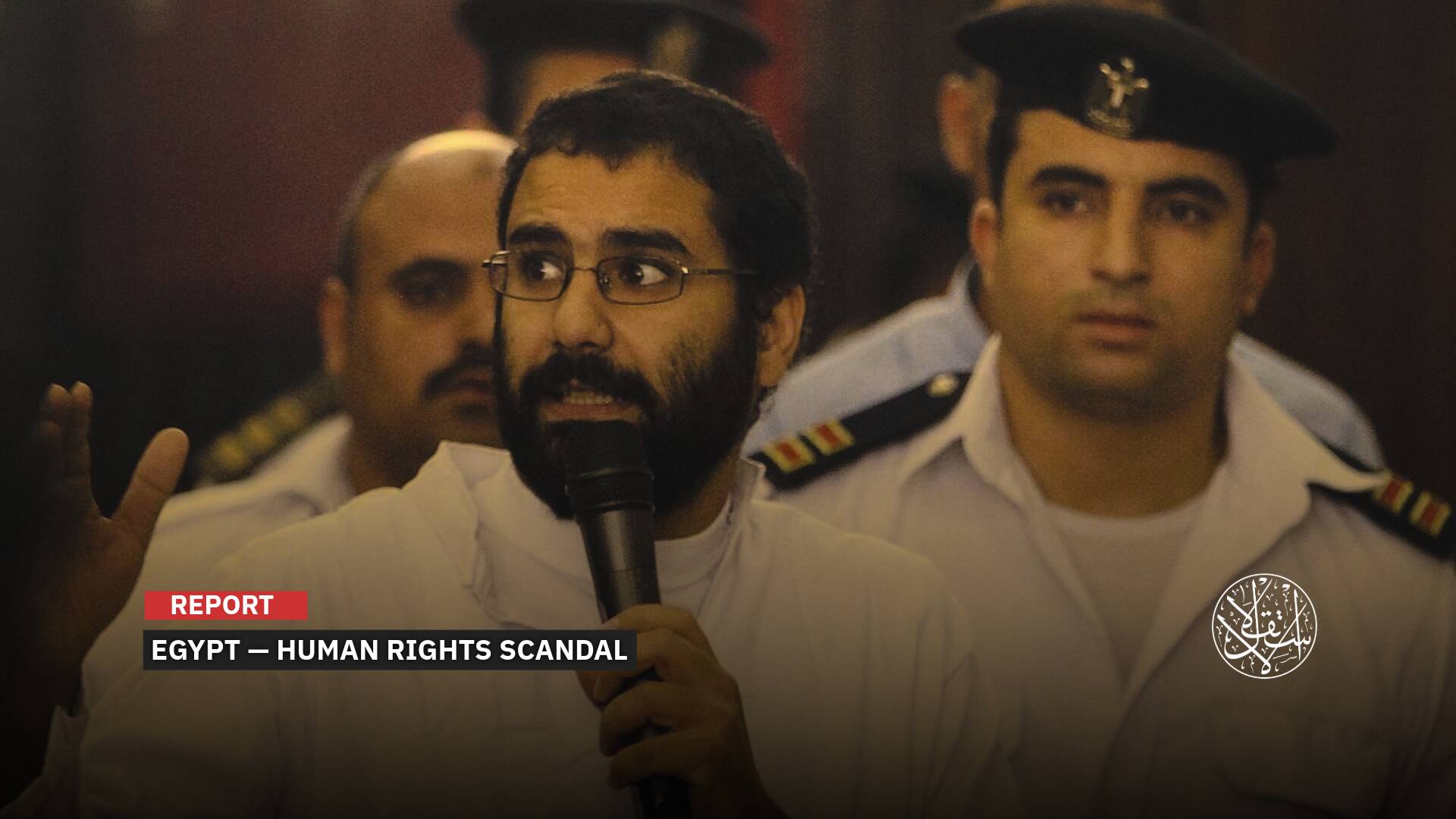RADA and 444 Brigade: What Lies Behind the Clash Between the Two Major Forces Safeguarding Tripoli?

A fresh twist in the Libyan scene emerged following intense clashes witnessed in the capital on August 14 and 15, 2023, involving the two major military forces safeguarding Tripoli. These forces are the RADA Special Deterrence Forces, under the Presidential Council, and the 444 Brigade, affiliated with Abdul Hamid Dbeibeh's government.
Clashes between rival militias in Libya's capital killed at least 27 people and left residents trapped in their homes Tuesday, August 15, unable to escape the violence, medical authorities said.
The fighting appears to be the most intense to shake Tripoli this year. In addition to the 27 deaths, over 100 people were injured in the fighting, Libya's Emergency Medicine and Support Center, a medical body that is deployed during humanitarian disasters and wars, said early Wednesday.
The clashes erupted in the aftermath of the detention carried out by the Deterrence Apparatus (RADA Special Deterrence Forces) led by Salafi militant Abdul Rauf Kara against the commander of 444 Brigade, Mahmoud Hamza, during his travel through the Mitiga International Airport controlled by the former.
Despite the battles ending in two days and an agreement to hand over Hamza to a neutral third party, mysteries linger about what transpired and its implications, especially regarding the presidential and parliamentary election plan, given the presence of armed militias in the capital.
The Conflicting Parties
These clashes between two potent armed factions have raised questions about their motives and the relationship of the events to unusual movements in eastern Libya, where the forces of coup leader General Khalifa Haftar, backed by the UAE, are stationed.
Was the unfolding scenario a deliberate shuffle of the cards in Tripoli, aimed at dispersing the protection and security forces of the capital as a prelude to a potential incursion by Haftar's coup-backed militias into the city that has remained resilient against their advances? Or is this part of the power struggle between agencies, with each side vying to assert its influence and voice in the political landscape?

In Tripoli, there are five major militias or military forces safeguarding the city. The first is the Special Deterrence Force, among the largest armed groups in the capital, led by Abdul Rauf Kara.
These forces are headquartered at the Mitiga International Airport complex, with around 1,500 members, effectively replacing the police force in Tripoli.
The second is the Tripoli Revolutionaries' Brigade, headed by Ayoub Buras. This is the largest armed militia controlling the city, composed of 9 armed groups scattered across most areas of Tripoli. Their bases are mainly located in Fernaj, Ain Zara, and Bir al-Asta.
The number of members in the Tripoli Revolutionaries' Brigade ranges from 2800 to 3500, and they are responsible for protecting the Presidential Council and strategic sites.
The third force is 444 Brigade, which emerged only a year and a half ago. However, it has begun to expand and play significant roles in protecting the government and the Presidential Council. This has raised concerns among other military forces and the government in the capital.
The fourth is the Nawasi Brigade, composed mostly of fighters from the Libyan Islamic Fighting Group. The brigade's fighters number around 2000, possessing medium-grade weaponry.
Additionally, there is the government's Stability Support Apparatus (SSA), led by Abdel Ghani al-Kikli, also known as "Gheniwa," which ranks as the fifth-largest force in the capital.
Settling Scores
The history of the relationship between the commander of 444 Brigade, Hamza, and the head of the Deterrence Apparatus, Kara, points to a split between the two and existing disputes.
This has been considered by Libyan analysts as "conclusive evidence" that what Kara and Ali al-Jabri (leader in the Deterrence Apparatus) did with Hamza does not extend beyond "settling scores."
Despite their role in safeguarding the city against drug gangs, preventing crime, and maintaining stability, there are question marks surrounding the strength of the Deterrence Apparatus or the Deterrence Apparatus for Combating Organized Crime and Terrorism. Many Libyans consider its members as "worse than the militant Salafis" found in Africa.
This force's activities have primarily focused on combating drug and alcohol traffickers, as well as perpetrators of theft, kidnapping, and even currency trading.
It also played a crucial role in apprehending sleeper cells affiliated with the Islamic State, earning them significant social popularity, especially in the Souq al-Jum'aa area.
Kara, its leader, often reiterates his lack of interest in politics, emphasizing his focus on ensuring people's security. He follows the traditional Salafi concept of allegiance to the ruler. Thus, he views the "Presidential Council" as the current ruler.
While not a prominent figure in the February Revolution of 2011, Kara gained prominence when he established the Nawasi Brigade, which focused on combating drug and alcohol traffickers, gaining popularity among families concerned about drug abuse.
He then established the Special Deterrence Force, headquartered at Mitiga, and joined the Dawn of Libya operation when seizing Tripoli in 2014.
As for Mahmoud Hamza, commander of 444 Brigade 444, his arrest at Mitiga International Airport led to a fight with the Deterrence Apparatus that detained him.
He previously worked at the office of the former leader of the Libyan Islamic Fighting Group, Abdel Hakim Belhaj, in Mitiga.
Hamza's military career continued by joining the Deterrence Apparatus, led by Kara, and serving as its spokesperson, leading its security operations.
However, he separated from them and founded the 20–20 Battalion based in Mitiga, which later transformed into the 444 Brigade and joined the Joint Chiefs of Staff under the National Unity Government. This occurred on August 15, 2023, according to the Middle East Eye.
The 444 Brigade ranks among the most organized military forces, with a significant portion of its units located south of the capital. It also controls prominent cities in western Libya, including Tarhuna and Bani Waled, and extends west to Nafusa Mountains and the outskirts of al-Shuwerif.
It secures extensive portions of the road linking the capital to the south. Its widespread influence has established it as a formidable military presence in Libya.
Hamza, the commander of the brigade founded in Tripoli in 2019, aligned with the former Government of National Accord led by Fayez al-Sarraj and played a pivotal role in thwarting the attack launched by Haftar's militias to seize and control Tripoli.
He's among the closest associates of the Prime Minister of National Unity, and he was en route to join him at a graduation ceremony for a new batch of officers from the Air Military College in the city of Misrata, west of the country. However, he was apprehended by the Deterrence Apparatus.
Hamza's star rose in both the political and military scenes. He played a role in extinguishing armed clashes among militias in Souq al-Thulatha in the heart of the capital in 2022, successfully halting hostilities between groups aligned with the Nawasi Brigade under the Ministry of Interior and the Stabilization Force under the Presidential Council. He deployed a neutral force.
Hamza also succeeded in escorting the former Prime Minister-designate, Fayez al-Sarraj, out of Tripoli. He evacuated him from the Noflyeen area to outside the capital in a bid to halt clashes between armed groups supporting the Dbeibeh government and others supporting al-Sarraj.
These clashes erupted hours after al-Sarraj's arrival in the city to start his government's work.
Reasons Behind the Confrontation
To justify the arrest of the commander of 444 Brigade, which caused clashes between the two factions, the Deterrence Apparatus led by Kara said in a statement that Hamza's arrest was carried out based on an arrest warrant issued by the military prosecutor. However, Libyan sources suggest it's due to their power struggle.
A source from the Deterrence Apparatus declared in statements to the Libya Press platform on August 15, 2023, that the military prosecutor, Masoud Rahouma, issued an order for the arrest of Colonel Hamza due to existing reports against him.
Hamza confirmed this to the leaders of the 444 Brigade after his release.
The military prosecutor, Rahouma, issues several orders, many of which aren't executed. For instance, he requested the arrest of Fathi Bashagha, Former Minister of Interior of Libya, General Osama Juwaili, and the head of the Libyan Democratic Party, Mohammed Sawan, on August 28, 2022, accusing them of what he termed as "aggression against Tripoli and terrorizing the innocent." However, they weren't arrested.
So, why did the head of the Deterrence Apparatus execute this order from the military prosecutor to arrest the commander of the 444 Brigade?
Political analyst Alaa Farouk clarified in his interpretation of Hamza's arrest and the subsequent clash between the Deterrence Apparatus and 444 Brigade that this "falls within the framework of the power struggle and control."
Farouk explained to Al-Estiklal that the commander of 444 Brigade has gained strength recently, despite its formation only a year and a half ago, due to its ability to prevent clashes between armed battalions in western Libya. This provoked the resentment of the Deterrence Apparatus and Kara.
The Deterrence Apparatus that competes with 444 Brigade is more aligned with the Salafi ideology and supported by Saudi Arabia. It aims to monopolize decisions in western Libya and the capital, particularly since it has controlled Mitiga International Airport for years.
Meanwhile, Libyan sources anticipate that the increasing influence of Hamza and the recent military display involving the 6,000 fighters of 444 Brigade have raised concerns within the Dbeibeh government. The Deterrence Apparatus, which has had previous conflicts with Hamza, seized this opportunity to capitalize on Dbeibeh's concerns and those of other factions, resulting in his arrest.
Sources also state that there is apprehension on Hamza's part and that of the 444 Brigade from the Tripoli government, as he has direct connections with the Eastern government and coup leader Haftar. He previously facilitated Bashagha's exit from Tripoli to the East in 2021.

With this, Dbeibeh met with the head of the Deterrence Apparatus, Kara, accompanied by the Minister of Interior, Emad al-Tarabulsi, and requested the release of Hamza, who is loyal to him.
However, the head of the Deterrence Apparatus refused, waiting for a decision from the Presidential Council.
The Libya Press platform, aligned with Haftar, reported on August 16, 2023, that previously, there was a strict demand to replace Hamza during a meeting of some military leaders in Tripoli in the presence of Turkish officers.
On August 16, 2023, Ajel newspaper quoted Kara saying: "I am under the command of Mohamed al-Menfi [Chairman of the Presidential Council of Libya]. Dbeibeh has no authority over our forces."
The Power Play
Journalist Khalil el-Hassi explained the delay by the Deterrence Apparatus in releasing the commander of 444 Brigade, despite the pressures and considerable costs involved in the confrontation, through two points. Firstly, releasing Hamza would render the Deterrence Apparatus weak against other forces, marking the beginning of the end for their influence. They would also be under the threat of retaliation and revenge operations.
Secondly, continuing to detain Hamza serves as leverage to secure guarantees for maintaining control over areas where the Deterrence Apparatus holds sway. Hamza gained control of these areas after ousting Ayoub Buras, al-Nawasi, and al-Tajouri during Bashagha's attempt to enter Tripoli. This detention ensures broader agreements for a comprehensive ceasefire.
El-Hassi said that the Deterrence Apparatus "committed a serious mistake by detaining Hamza, and this decision will consume much of its popular support." Therefore, they turned the table and released him on August 17, 2023."
"الردع والخيارات الصعبة"
— Khalil Elhassi (@ElhasseKhalil) August 15, 2023
لماذا تتأخر مجموعة الردع السلفية في إخلاء سبيل آمر ال444 رغم الضغوط والتكلفة الباهظة في إيقاف تقدم ال444؟
أولا: إذا أطلق الردع سراح محمود حمزة فلن تأخذهم القوى الأخرى على محمل الجد مرة أخرى، وستكون بداية النهاية لنفوذهم وسيكونون أيضا تحت طائلة التهديد… pic.twitter.com/P3RCf7jZck
However, the clashes also raised questions about their causes, coinciding with the appointment of a new head of the High Council of State, Muhammad Takala, and the removal of the former president, Khalid al-Mishri.
Adding to the mystery, the issuance of an order by Mohamed al-Menfi, Chairman of the Presidential Council of Libya, directed the Presidential Deterrence Apparatus to transfer the commander of 44 Brigade, Mahmoud Hamza, to the position of Chief of the General Staff of the army. The Minister of Defense was tasked with forming a committee to investigate the events.
Simultaneously with the clashes, Libyan platforms observed military movements by the coup leader, Haftar, who had previously attempted to invade the capital twice in 2019 and 2021 but failed.
The Libya Press platform posted images on Facebook on August 16, 2023, depicting what they claimed were movements of Wagner mercenaries alongside a military force loyal to Haftar, moving from the Haniwa road in Sirte towards the al-Jufra Airbase.
Libyan activists have indicated that the increasing military disputes threaten the security of the capital and play into the hands of the coup leader Haftar and other regional powers like Egypt and the UAE, which are not interested in the forces of the Libyan revolution gaining control over power and weapons in Libya.
Simultaneously, Africa Intelligence published a report on August 16, 2023, stating that al-Sadiq (Haftar's son) is enhancing his media presence and aspiring to the presidency of Libya. This is part of his father's attempts to make him his successor and impose him as the president.
The website also pointed out that al-Sadiq, the eldest son of the coup leader Khalifa Haftar, is the oldest member of the Haftar family and tends to attend conferences related to the economy, wear modern clothes rather than formal attire, and participate in military demonstrations. He also manages his father's political deals.
Clashes Repercussions
The clashes left a negative impact and pessimism about the success of the political process and the possibility of achieving political stability, given the extent of influence held by the armed formations. How long will this insecure situation continue, and how can control be established over the unruly weapons?
This is not the first time clashes have occurred between the Deterrence Apparatus and 444 Brigade. On May 28, 2023, Tripoli witnessed clashes that lasted for hours between them, following the arrest by the Deterrence Apparatus of one of the leaders affiliated with Brigade 444.
Observers consider it impossible to hold elections in such an atmosphere in Tripoli and western Libya, no matter how many political parties agree on election laws and their timing.
They affirm that the recent clashes in Tripoli have proven the lack of control over the armed groups in the capital.
Italian geopolitical analyst Roberta La Fortezza warned of renewed tensions in Libya due to the changing political balance in the country.
La Fortezza stated to the Italian agency Nova on August 16, 2023, that the ceasefire agreement in Tripoli "spared the country an imminent military escalation."
She explained that the overall reorganization of the political balance in Libya has been ongoing for months, pointing to "a series of meetings between individuals close to Dbeibeh and the coup leader Haftar."
She expected that any possible government agreement between the two powerful figures in Libya "will increasingly impact the balance of the armed groups and their leadership."
La Fortezza emphasized that the various armed groups active in Libya "will not relinquish the positions they have already gained. On the contrary, they might increase pressure on the country's key political figures."
Sources
- New tensions in Tripoli in light of a show of strength between Dbeibeh and Haftar [Italian]
- Al-Manfi presents a three-step initiative to contain the incident of Hamza's detention and its security repercussions [Arabic]
- Militia chaos in Tripoli: How are elections conducted in this atmosphere? [Arabic]
- Libya: Hold Stability Support Authority militia leaders to account


